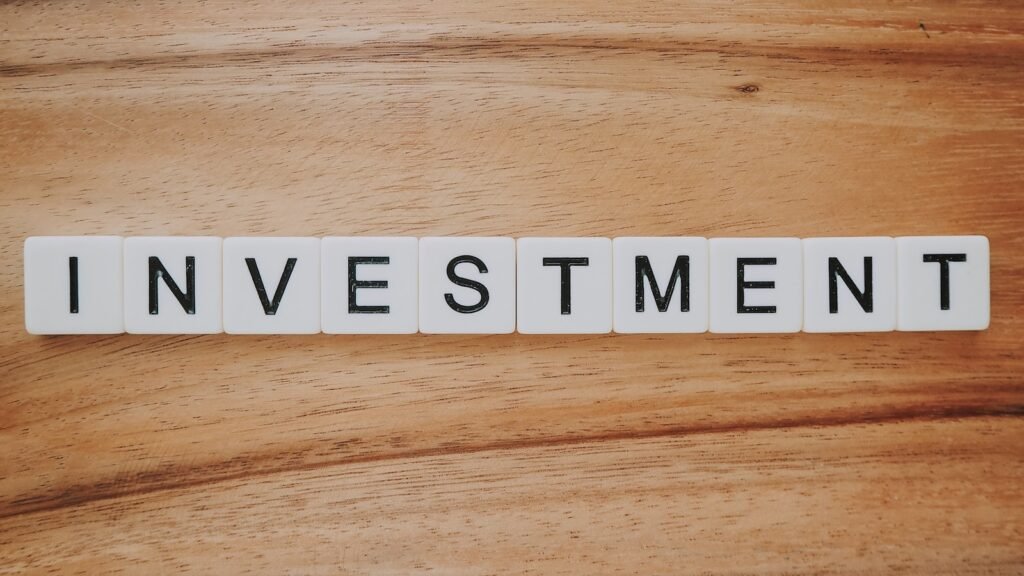7 Reasons Why Effective Sustainability Communication is a Must-Have for All Modern Businesses

Sustainability communications is a fundamental element of corporate sustainability and spreads across disciplines such as marketing, public relations, stakeholder communication, and reporting. In this article we elaborate on 7 key reasons why good sustainability communications is integral to every company regardless of size and industry.
Today, companies are under increasing pressure to demonstrate their commitment to sustainability. However, simply implementing sustainable practices is not enough. Companies must also effectively communicate their sustainability efforts to their stakeholders, including customers, employees, investors, and society at large. From building brand reputation to attracting new customers, suppliers and investors, effective sustainability communication can have a significant impact on a company’s success in today’s business environment.

Reputational Benefits
Good sustainability communication can have a significant positive impact on a company’s reputation. By effectively communicating their sustainability efforts to stakeholders, a company demonstrates its commitment to social and environmental responsibility, which can enhance its reputation as a responsible corporate citizen. Additionally, good sustainability communication can help companies build trust among customers, suppliers, investors, and other stakeholders by being transparent about their impact on the environment and society and the measures they are taking to improve those impacts. This can lead to increased customer loyalty and improved relationships with other stakeholders.
On the other hand, poor sustainability communication or a lack of communication altogether can harm a company’s reputation. If a company is seen as ignoring or downplaying its environmental or social impact, it can damage its reputation and it risks losing the trust of its stakeholders.
Competitive Advantage
In today’s socially and environmentally aware marketplace, consumers are increasingly looking for products and services that are produced sustainably and by companies that are committed to social and environmental responsibility. By effectively communicating its sustainability efforts, a company can differentiate itself from its competitors and attract customers who prioritize sustainability. This can lead to increased customer loyalty.
In addition, good sustainability communication can help a company to attract and retain employees who care about sustainability and want to work for a company that shares their values. Therefore, by helping a company stand out from its competitors and appeal to consumers and employees who prioritize sustainability, good sustainability communication can provide a competitive advantage in the marketplace.
“Effective communication is essential for the promotion of sustainable development, and for achieving the Sustainable Development Goals. Communication and public awareness are key to building support for sustainable development and to encourage action by individuals, organizations, and governments alike.”
United Nations Department of Economic and Social Affairs

Investor Confidence
Today, investors are increasingly looking for companies that demonstrate a commitment to sustainability, as it can be an indicator of long-term financial performance and stability.
By effectively communicating their sustainability efforts, a company can demonstrate to investors that it is taking a proactive approach to managing environmental and social risks, which can increase investor confidence in the company’s long-term prospects. This translates to increased investment in the company, as well as improved relationships with investors and other stakeholders.
In addition, good sustainability communication can help a company to meet the reporting and disclosure requirements of investors and regulators while showcasing transparency and accountability.
Regulatory Compliance
Effective sustainability communication can help a company to meet its regulatory compliance requirements. Many countries and regions have regulations and standards related to sustainability and social responsibility, and companies must comply with these requirements to avoid fines and other penalties. Some examples include Task Force on Climate-related Financial Disclosures (TCFD) in the United States, United Kingdom’s Streamlined Energy and Carbon Reporting (SECR), and the Corporate Sustainability Reporting Directive (CSRD) in the European Union.
Communicating its sustainability efforts efficiently can help a company comply with relevant regulations and standards. For example, by providing transparent and accurate ESG information based on accepted reporting standards, a company can demonstrate compliance with sustainability reporting requirements. In addition, good sustainability communication can also help a company anticipate and prepare for regulatory changes, such as new sustainability reporting requirements.

Employee Engagement
A well-communicated commitment to social and environmental responsibility, not only attracts new employees but also has an effect on retaining current ones as it can impact their job satisfaction and motivation. Employees are more likely to feel better about working for a company that shares their values and ethics and communicates well about the active and meaningful steps it is taking to address environmental and social challenges. Additionally, it helps create a sense of purpose and meaning for employees, as they can see how their work is contributing to the company’s sustainability goals.
“Good communication is essential for ensuring that sustainability goals are understood and supported by stakeholders, including citizens, businesses, and policymakers. Communication can play a crucial role in driving progress towards a more sustainable Europe.”
European Commission, Directorate-General for Environment.
Risk Management
Through effective and transparent communication of its sustainability data and efforts, a company can identify and manage environmental and social risks more effectively. For example, by providing transparent and accurate information about its environmental impact under the category of greenhouse gas emissions, a company can identify high-emitting operations and processes and therefore be able to take steps to reduce emissions going into the future. This can help to reduce risks related to current and future regulatory compliance.
Additionally, good sustainability communication can help a company identify and manage social risks, such as labor issues or human rights concerns. By engaging with stakeholders and being transparent about its social impact, a company can identify areas where it may be at risk and take steps to address them.

Long-Term Value Creation
The above-mentioned reputational and competitive advantage, investor confidence, employee engagement, compliance and risk management benefits are all ways in which a company that is effectively communicating about its ESG impact and sustainability efforts can create long term value.
Additionally, good sustainability communication can help a company to identify new opportunities for growth and innovation. For example, by investing in renewable energy or sustainable supply chains, a company can reduce its costs and create new revenue streams, while also improving its environmental and social impact. These actions can help to create a more sustainable business model that can generate value over the long term.
Conclusion
In conclusion, effective sustainability communication is not limited to merely promotional or representational activities but is an essential component of the overall sustainability strategy of a company. In today’s world, effective sustainability communication is a must have for companies looking to grow and transition as they move into a more sustainable future. Additionally, by making sustainability a core part of their messaging companies can not only contribute to creating a more sustainable world but also reap the very real value benefits that it brings in its tow.
